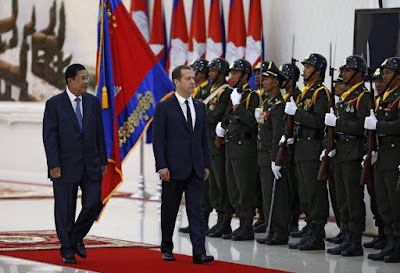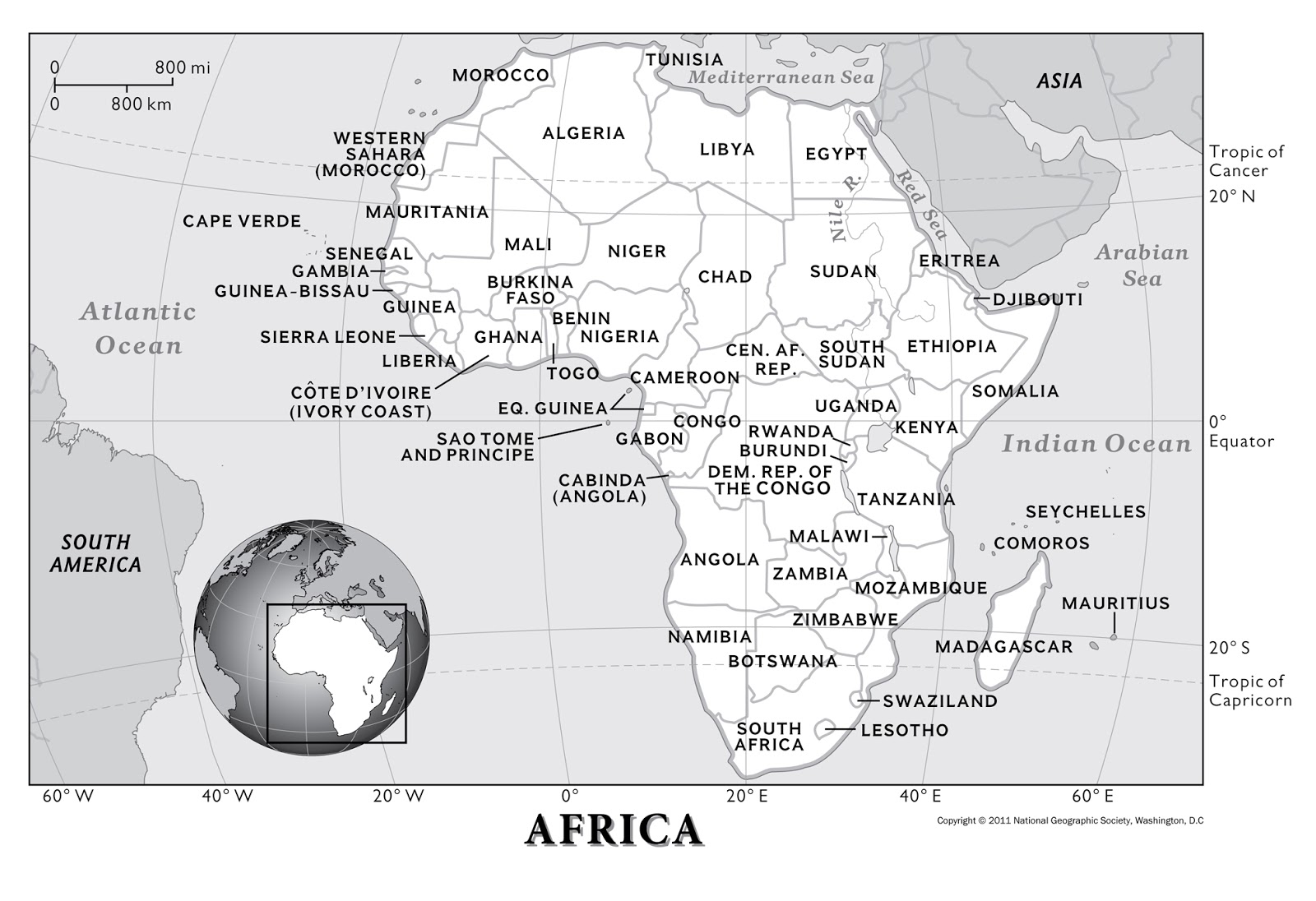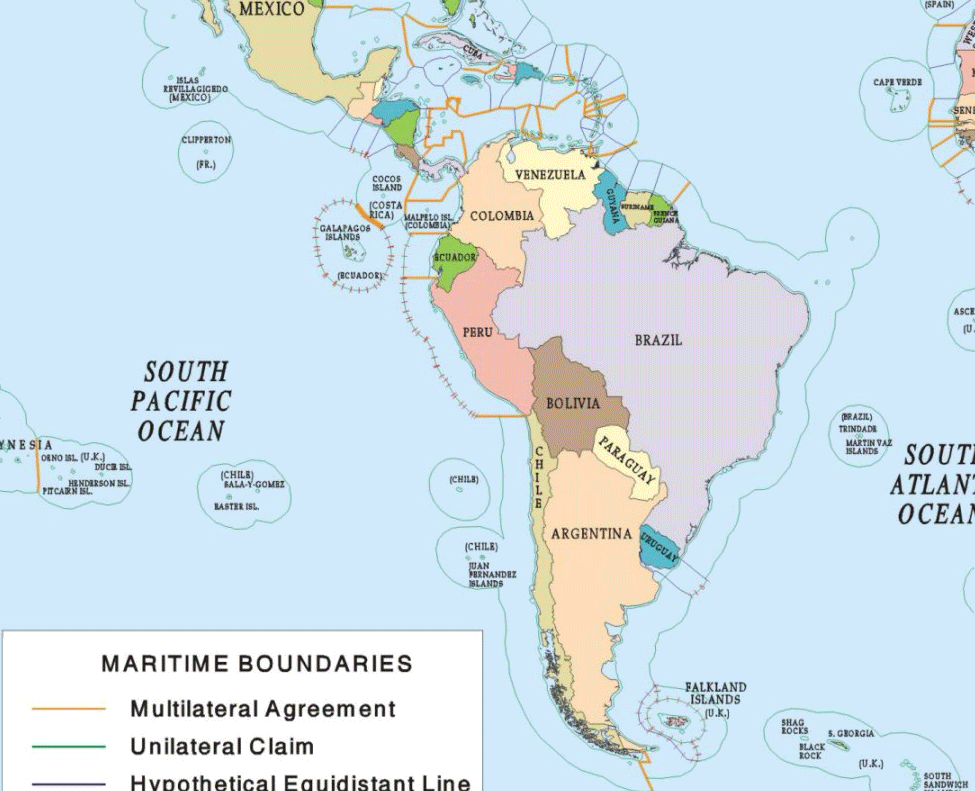Sochi Summit: Russia's Pivot to the East is Too Little Too Late?
 |
| ( Russian Prime Minister Dmitry Medvedev walks with his Cambodian counterpart Hun Sen during his official visit to Cambodia last November ) |
Russian President Vladimir
Putin inviting ten ASEAN leaders to Russia to attend the ASEAN-Russia summit in
Sochi in May is seen as a historic and as a reaffirming of a new commitment of
Russian government toward strengthening the relations with this regional bloc. The
Russia-ASEAN Summit, which will be held to commemorate the 20th anniversary
of the establishment of the official dialogue partnership between ASEAN and Russia,
is very important in itself since it will be serving as a
very special forum to discuss some very important topics such as
energy, defense cooperation, food security and disaster prevention and relief.
The summit proposed by
Russian government essentially illustrates the new effort and commitment of
Russian government to get closely engaged with the countries in the Asia Pacific,
especially the ASEAN bloc comprising of ten countries. Russia has tried
to identify itself as a nation located in the Asia Pacific region, and it
believes it has to play a role in the region.
Russia takes part
in many consultative meetings with ASEAN under the framework of Dialogue
partnership to discuss bilateral relations and enhance cooperation and
collaboration on the political and security sector between ASEAN and Russia. The
meetings include ASEAN Regional Forum (ARF), the Post Ministerial Conference
(PMCs) 10+1, ASEAN, ASEAN Defence Ministers’ Meeting Plus (ADMM+) and the East
Asian Summit.
Russia and ASEAN moved to
elevate partnership to a full dialogue partnership in 1996 at the 29th AMM in
Jakarta and this Eurasian power decided to sign the instrument of accession to the
treaty of amity and cooperation in 2004. In 2005 Russian-ASEAN Summit was held
for the first time in Kuala Lumpur, where both parties issued a joint declaration promising to strengthen economic, political and security relations and
cooperation. In addition, they also adopted the 2005-2015 Comprehensive Program
of Action to assist the implementation of the joint declaration. In 2011 Russia
along with the United States was invited to participate in the East Asian Summit.
Russia lost
its power and influence in the region since the collapse of the Soviet Union. There are some
critics claiming that Russia’s look Southeast is a bit too late and too little since its
rival U.S has already built strong and close ties with countries in Southeast
Asian. Apparently, the Sochi summit will be held only around 3
months after President Barack Obama hosted a special summit gathering all 10
ASEAN leaders in Rancho Mirage, California.
Below is my full interview with Anton
Tsvetov, Media and government relations manager of Russian International Affairs Council on Russia-ASEAN relations prior to the Sochi Summit:
1.Reporter: President Vladimir Putin inviting ten ASEAN leaders to Russia to join the ASEAN Russia summit is seen as a historic and as reaffirm of a new commitment of the Russian government to strengthening the relations with this regional bloc. So what would be the implication of this meeting?
1.Anton Tsvetov: The Russia-ASEAN Summit in Sochi is very important in itself. Unfortunately, these summits do not occur as often as they were supposed to, so the opportunity of the ASEAN leaders meeting with their Russian counterparts should be used to the full. The Summit will celebrate 20 years of the Dialog Partnership, but some very important concrete topics are also likely to be discussed – energy, food security and disaster prevention and relief.
2.Reporter: Why ASEAN is so important to Russia?
Anton Tsvetov: ASEAN is definitely important to Russia as one of the key players in the Asia Pacific. As Russia seeks to diversify its global strategy and develop a multifaceted Asia policy, getting closer to ASEAN becomes crucial. Unfortunately, the current level of our relations is very low. Southeast Asia has not been a priority for Russian foreign policy for a long time, and Russia has fallen behind. The place of ASEAN and Russia in mutual trade and investment is only marginal. However, Russia has a lot to offer in both in traditional spheres – energy, machine-building, arms trade, and on new directions of cooperation like information technology and communications.
3. .Reporter: Some people believe that Russia's Pivot to ASEAN is too little too late comparing to American Asian re-balancing policy since the country has so far only focused on expanding its sphere of influence over former Soviet states rather than projecting power in other regions, so what would be your response?
4.Reporter: Russia only has good relations with ASEAN only in terms of trade and commerce but the political relationship still remains low. How you see Russia's new commitment to boost the engagement with Southeast Asian nations? What Russian government should do to ensure the growth of the political partnership between ASEAN and Russia?
Anton Tsvetov: I have to say that the trade and investment relations were developing very fast, but we owe this fast pace to a very low initial base. Even after all that growth, there is no sufficient inter-dependency between Russian and ASEAN. Political relations are even more difficult to develop perhaps because of the lack of this vast economic basis. I assume that as economic relations develop, closer political interaction will follow as a way to create safeguards and guarantees for this basis. Meanwhile, political leaders can start assisting businesses on both sides to get to know each other better, become better informed about the business opportunities in Russia and ASEAN.
5. Reporter: Last but not least the ties between Cambodia and Russia have been low after the fall of the Soviet Union, but a recent visit by the Russian PM to Cambodia has illustrated that Russia is coming back to establish warm ties with one of the old cold war allies in the region. So what do you think about the future of the relations between Cambodia and Russia? and what Cambodia as one of the ten countries of ASEAN should expect from the forthcoming summit?
Anton Tsvetov: I think Cambodia may well become one of the beneficiaries of a developing Russia-ASEAN relationship, especially if we see progress after the summit in Sochi. Dmitry Medvedev’s visit is an important signal that Russia seeks to be meticulous in its Asian affairs, even though there is still a lot of work to be done. If Cambodia is active in promoting the ASEAN-Russia dialog and expresses interest in its development, that would increase its capabilities to develop bilateral relations as well.



Comments
Post a Comment